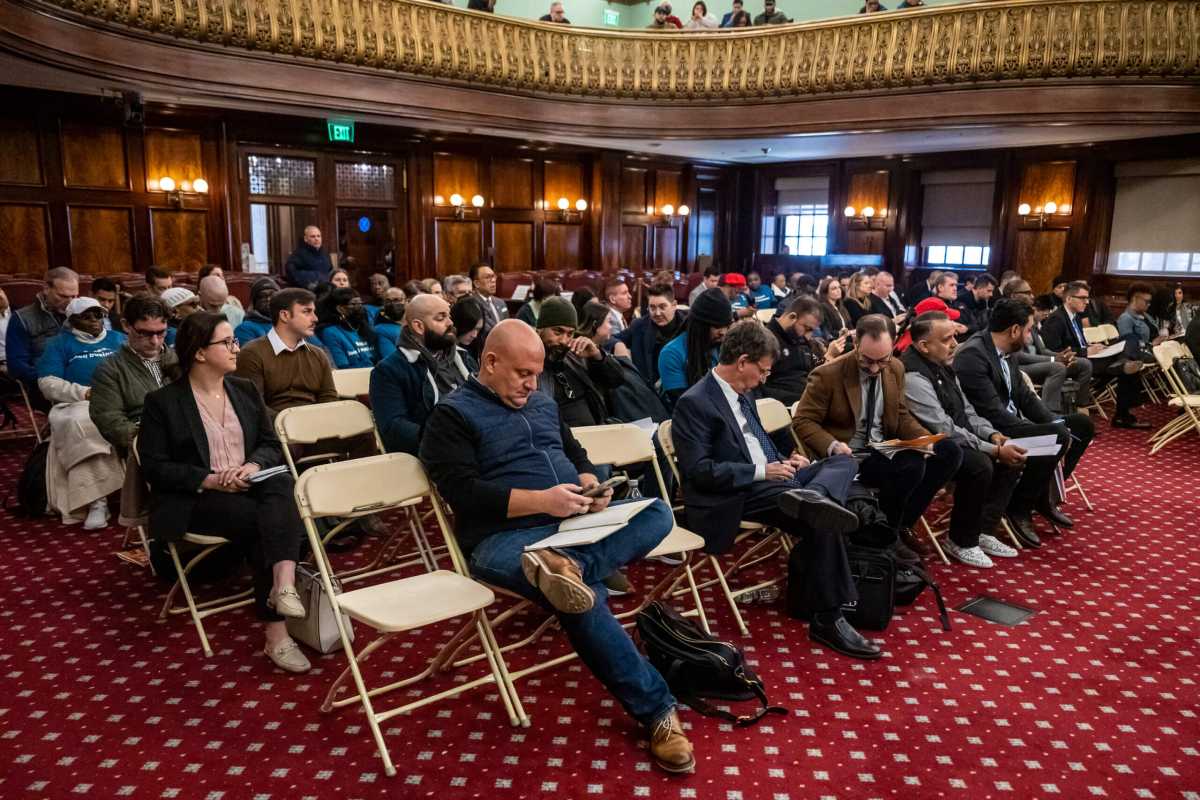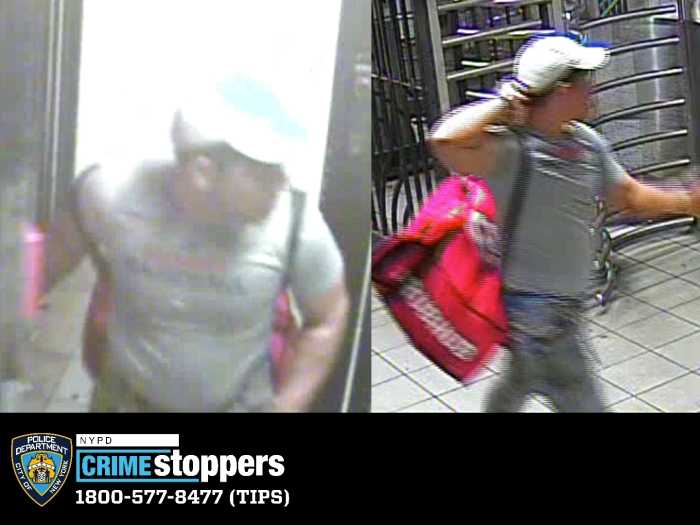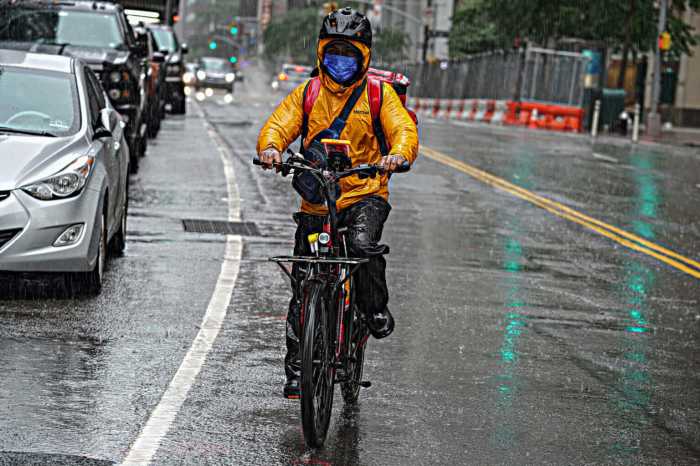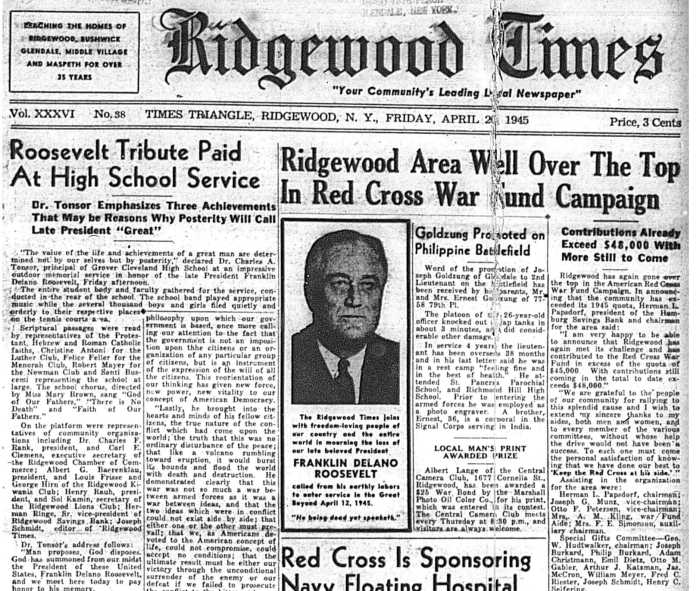If food delivery apps like Grubhub, Uber Eats, and DoorDash had it their way, the City Council would loosen the fee cap legislators passed in 2021 completely.
The current law, implemented during the COVID-19 pandemic to protect restaurants, restricts food delivery services from charging restaurants more than 23% per takeout order -15% for delivery, 5% for marketing fees, and 3% for transaction fees.
Intro. 813, introduced by Council member Robert Holden and co-sponsored by 24 of his colleagues, would remove the 5% marketing cap, providing third-party food delivery apps a new revenue stream. The current cap, however, on delivery and transaction fees would remain in place.
At a hearing in front of the City Council’s Committee on Consumer and Worker Protection on March 29, proponents of the bill argued that with COVID-19 restrictions lifted the dynamics of restaurant delivery have changed and that a permanent fee cap would prevent restaurants from taking full advantage of the tools third-party delivery apps can offer their clientele, like marketing, advertising, data analysis, and feature listings.
All these tools, proponents argue, help restaurants gain new customers and boost their revenue.
Josh Bocian, senior manager of Government Affairs for Grub Hub, said that the marketing cap had “outlived its purpose.”
“Small and independent restaurants want more choices so they can choose which services are best for them,” Bocian argued. “Tools like search engine marketing, promotions to target new customers, analytics using customer data, or free websites that allow for direct-to-restaurant orders with no commission’s like GrubHub direct.”
Restaurants would have the option of paying additional fees in exchange for better marketing on the apps’ platforms. Grub Hub’s new marketing service fees, for example, are divided into three tiers of 5%, 10%, and 15%.
Council member Shekar Krishnan expressed that he was concerned about businesses that didn’t opt into the plans. He referenced restaurants in Washington D.C. that saw their revenue and customer base shrink after they chose the basic plan.
“My question to you is, if a restaurant doesn’t have to pay more in fees, can you guarantee that their average deliveries will not come down?” Krishnan asked Bocian. “And that their average deliveries will remain the same, that they will not see an adverse impact on their business by staying with the plan if they don’t opt into the higher plan?”
“You’re asking me to opine whether or not, you know, our app is the defining factor,” Bocian responded. “And I can’t do that. There’s way too many factors that go into a successful restaurant business as all of these restaurants are going to tell you. We are not the defining factor.”
Opponents agree that third-party delivery apps play an important role in the marketplace, but believe that it is important to regulate an industry that has allegedly displayed an array of unethical business practices in the past.
Jeffrey Garcia, president of the New York State Latino Bar and Restaurant Association, is worried about the economic impact the fees would have on minority and immigrant-owned businesses.
“Smaller immigrant-owned businesses would be disproportionately harmed by such expenses,” Garcia said.
Andrew Rigie, the executive director of the NYC Hospitality Alliance, dubbed Intro. 813 the “Bigger Fees for Big Delivery” bill.
Rigie pointed out that only the large chain restaurants could afford the higher marketing fees and not small, independently owned restaurants. He argued that if small restaurants, which already work with a low profit margin, don’t opt for the higher marketing tier, they are going to get buried in the online search results.
“[Third-party food delivery apps] imply their campaign is all about helping immigrant and minority and women and small-owned businesses throughout the five boroughs…,” Rigie said. “But seriously, who’s going to better absorb all these bigger fees and better afford to pay all these higher marketing and advertising rates?”

Read more: Upper East Side School Sued Over Unsanitary Conditions



































